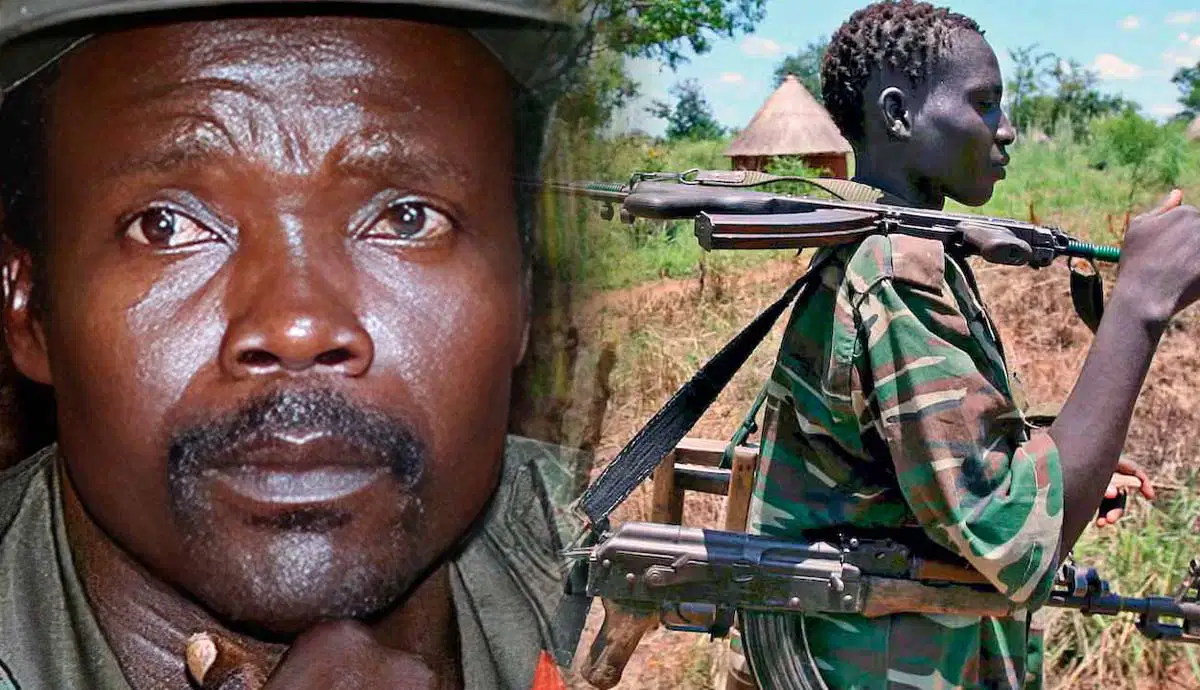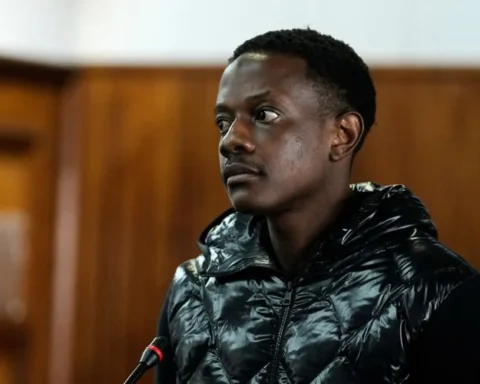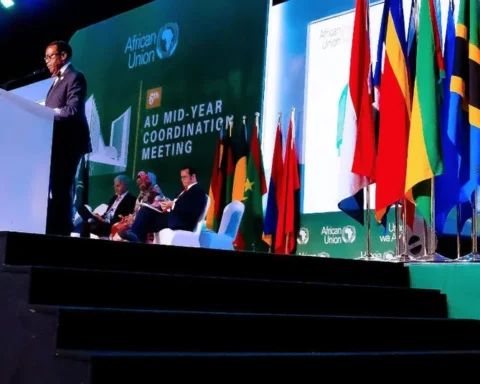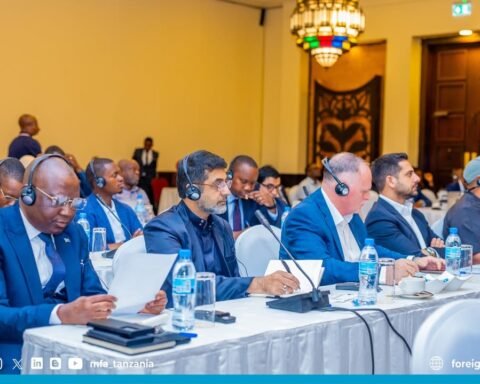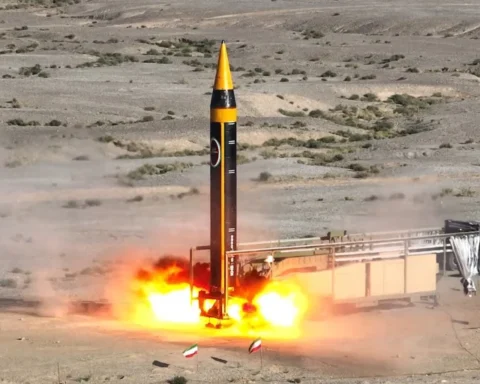For the first time in its history, the International Criminal Court (ICC) will conduct a confirmation of charges hearing in the absence of the accused — Joseph Kony, the elusive leader of Uganda’s Lord’s Resistance Army (LRA).
The in absentia hearing is scheduled for September 9, 2025, at the ICC headquarters in The Hague, Netherlands. This decision, announced by the Appeals Chamber of the ICC, marks a rare judicial move permitted under the Rome Statute, the court’s founding treaty.
Kony faces 39 counts of war crimes and crimes against humanity, including charges of murder, rape, sexual enslavement, and the abduction of children to serve as child soldiers or sex slaves.
Although Kony was indicted by the ICC in 2005, he remains at large and is believed to be hiding in isolated parts of Central Africa, possibly within the borders of South Sudan, the Central African Republic, or the Democratic Republic of the Congo. In 2013, the U.S. government offered a $5 million reward for information leading to his capture under the Rewards for Justice program.
Kony rose to infamy in the 1990s and early 2000s as his militia terrorized communities in northern Uganda, forcing mass displacements and conducting raids on civilians. According to Human Rights Watch, the LRA abducted more than 60,000 children and killed thousands of civilians during its violent campaign.
Also Read; Hungary Strengthens Ties with China, Sparking EU Concerns
While Kony’s notoriety reached a global peak in 2012 through the viral campaign KONY 2012 by the organization Invisible Children, efforts to bring him to justice have since stalled—until now.
Kony’s defense team objected to the hearing proceeding without him, citing concerns over due process and fair trial rights. However, the ICC judges maintained that the confirmation of charges is a preliminary hearing, not a full trial, and can proceed given the extensive efforts made over the years to locate him.
If the charges are confirmed, the court will prepare to move to trial once Kony is in custody. His case has become symbolic of the ICC’s struggle with enforcing international justice when suspects evade arrest.
For victims and survivors across East and Central Africa, this hearing offers a glimmer of hope. It is a reminder that justice, though delayed, remains in motion.

